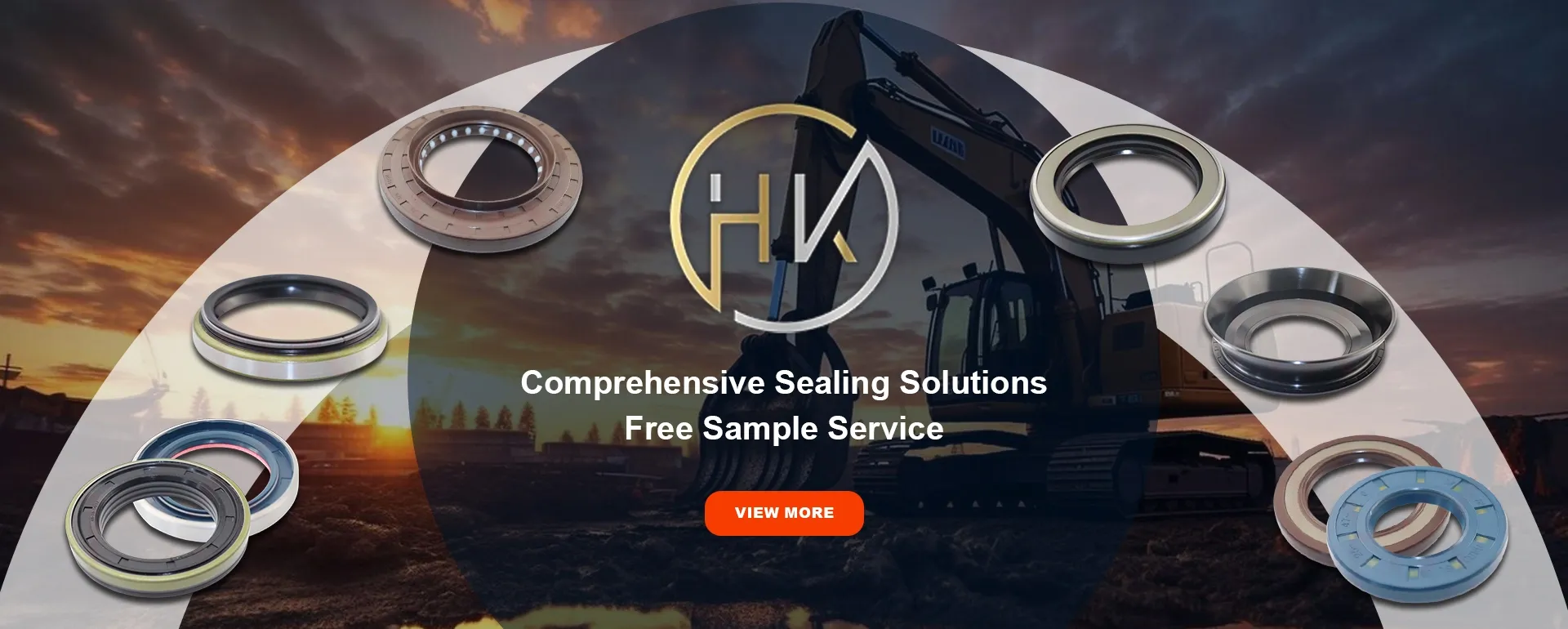Dec . 09, 2024 21:17 Back to list
Understanding the Importance and Functionality of Oil Seals in Machinery Applications
Understanding Oil Seals Importance, Function, and Applications
Oil seals play a crucial role in enabling machinery and engine components to function optimally by preventing the leakage of lubricants and protecting against contamination. These simple yet highly effective components are widely used in various industries, including automotive, aerospace, manufacturing, and more. This article aims to delve into the nature of oil seals, their significance, and their applications across different sectors.
What is an Oil Seal?
An oil seal, also known as a lip seal or a grease seal, is a mechanical device designed to seal the gap between the rotating shaft and the stationary housing. Typically made of rubber, silicone, or polyurethane, oil seals are engineered to withstand various operating conditions, including temperature fluctuations, pressure, and exposure to chemicals. The most common shape of an oil seal includes a flexible lip that makes contact with the rotating shaft, creating a barrier that prevents the leakage of lubricants.
Importance of Oil Seals
1. Leak Prevention The primary function of an oil seal is to prevent the loss of lubricant from the machinery while keeping contaminants such as dirt and moisture out. This is vital for maintaining proper lubrication in engines and machinery, which in turn, helps in prolonging the lifespan of the components.
2. Maintenance of Efficiency By ensuring that lubricants remain where they are needed, oil seals help maintain the efficiency of machinery. Efficient operation reduces wear and tear, which can lead to higher energy consumption and elevated operational costs.
3. Protection Against Contaminants In addition to preventing oil leakage, oil seals serve as a barrier against dust, dirt, and other contaminants that could obstruct mechanical functions. This protective quality is especially important in harsher environments where debris can compromise the integrity of machinery.
4. Noise Reduction Oil seals also contribute to noise reduction within machinery. By minimizing the escape of lubricants and the ingress of contaminants, they help to maintain smoother operations and reduce the mechanical noise that can arise from friction.
Types of Oil Seals
oil seal

There are several types of oil seals available, each designed for specific applications. Some common types include
- Single Lip Oil Seals Primarily used to keep lubricants in, these seals are the most common type and consist of a single flexible lip.
- Double Lip Oil Seals Featuring two lips, these seals can prevent contaminants from entering while simultaneously keeping lubricants trapped within.
- Rotary Oil Seals Designed for rotary applications, these seals support a shaft that rotates and are pivotal in automotive and industrial machinery.
- Metric and Imperial Sizes Oil seals are available in both metric and imperial measurements to accommodate various machinery specifications.
Applications of Oil Seals
Oil seals are found across numerous applications, signifying their versatility and prowess. In the automotive industry, they are integral to engines, transmissions, and differentials. In industrial machinery, oil seals help in the operation of pumps, gearboxes, and hydraulic systems. Furthermore, they are essential in manufacturing equipment, ensuring reliable functioning in environments that may be prone to contamination.
Conclusion
In conclusion, oil seals are indispensable components in ensuring the efficient and reliable operation of various machinery and equipment. Their ability to prevent leaks, protect against contaminants, and reduce noise makes them a vital part of many industrial applications. As technology continues to advance, the design and materials used in oil seals will undoubtedly evolve, leading to even greater efficiency and durability in the machinery and engines we rely on daily. Understanding these seals and their functionality can lead to informed decisions in maintenance and component selection, thus enhancing the lifespan and performance of mechanical systems.
-
The Trans-formative Journey of Wheel Hub Oil Seals
NewsJun.06,2025
-
Graphene-Enhanced Oil Seals: Revolutionizing High-Pressure Oil Sealing
NewsJun.06,2025
-
Future of Hydraulic Sealing: Advanced Intelligent TCN Oil Seals
NewsJun.06,2025
-
Don’t Let a Broken TCV Oil Seal Ruin Your Day
NewsJun.06,2025
-
Bio-Inspired Dust Seals for Better Sealing Performance
NewsJun.06,2025
-
Biodegradable and Sustainable Hydraulic Seal Materials
NewsJun.06,2025
-
Top Oil Seal Solutions for Your Industrial Needs
NewsMay.22,2025
Products categories
















